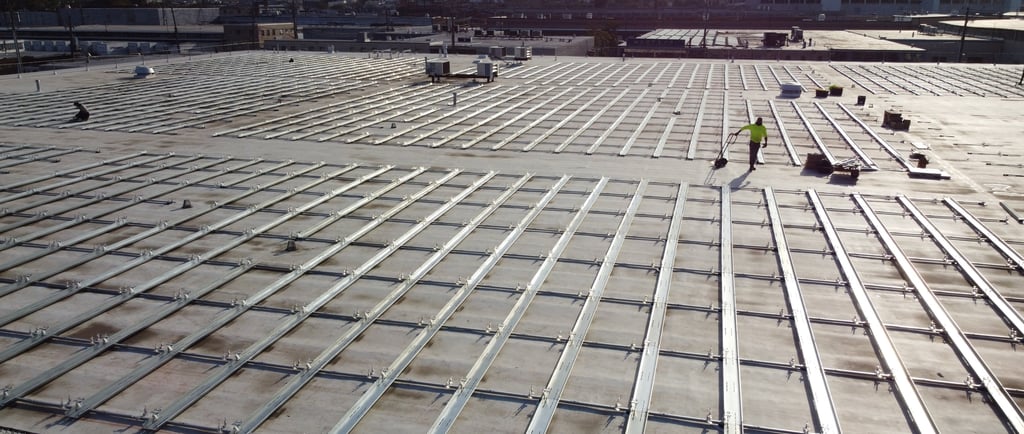Installing Solar in the Winter:
Challenges and Opportunities
Alexis Lewis
9/12/20242 min read


Winter might not seem like the ideal time to install solar panels, but it offers unique advantages and challenges that can be effectively managed with the right approach. This blog post explores the considerations and benefits of installing solar systems during the colder months.
Introduction
As the demand for renewable energy continues to rise, more homeowners and businesses are considering solar installations year-round. While winter presents some challenges, such as shorter daylight hours and potential snow cover, it also offers opportunities for maximizing solar efficiency and taking advantage of seasonal incentives.
Benefits of Winter Solar Installation
1. Increased Efficiency
Contrary to popular belief, solar panels can be more efficient in colder temperatures. The photovoltaic process is more effective at converting sunlight into electricity in cooler conditions, which can offset the reduced daylight hours.
2. Off-Season Discounts
Many solar companies experience a slowdown in installations during the winter months, which can lead to reduced prices or promotions. This off-peak period can provide cost savings and quicker installation timelines.
3. Tax Incentives
Installing solar panels before the end of the year can allow homeowners to take advantage of federal tax credits and other incentives, which can significantly reduce the overall cost of the system.
Challenges and Solutions
1. Snow and Ice Management
Snow accumulation can temporarily reduce solar panel efficiency. However, panels are often installed at an angle that helps snow slide off. Regular maintenance, such as using a soft broom or snow rake, can keep panels clear and functional.
2. Reduced Sunlight Hours
Winter days are shorter, which means less sunlight is available. To mitigate this, consider adjusting the tilt angle of the panels to capture more sunlight and using solar tracking systems to follow the sun's path.
3. Battery Storage
Properly insulating and monitoring solar batteries is crucial during winter. Batteries should be kept indoors or in insulated enclosures to maintain optimal performance.
4. Professional Installation
Working with experienced solar installers ensures that systems are correctly set up to handle winter conditions. Professionals can adjust panel angles and provide maintenance tips to maximize efficiency.
Conclusion
Installing solar panels in the winter can be a strategic decision that offers both financial and operational benefits. By understanding and addressing the unique challenges of winter installations, homeowners and businesses can enjoy efficient energy production and cost savings. Embrace the winter season as an opportunity to invest in sustainable energy and prepare for a brighter, greener future.
Support
Reliability
Email: info@wadadlisolar.com
Tel: (718) 704-0903
Credential ID PVSI-032123-013630


Wadadli Solar LLC © 2026. All rights reserved.
